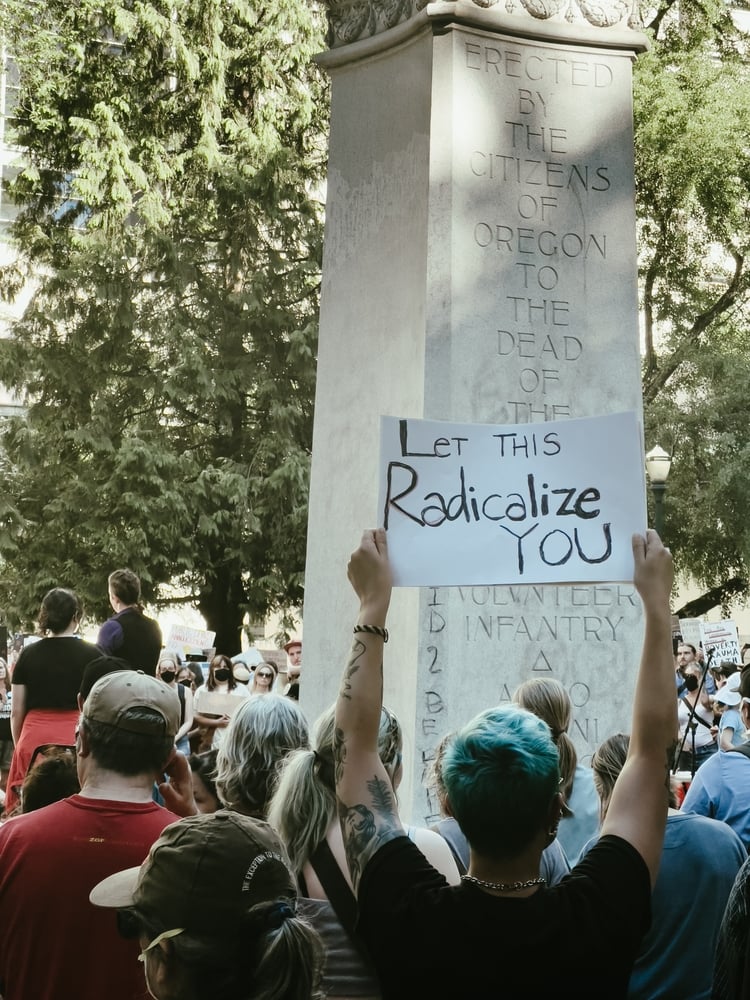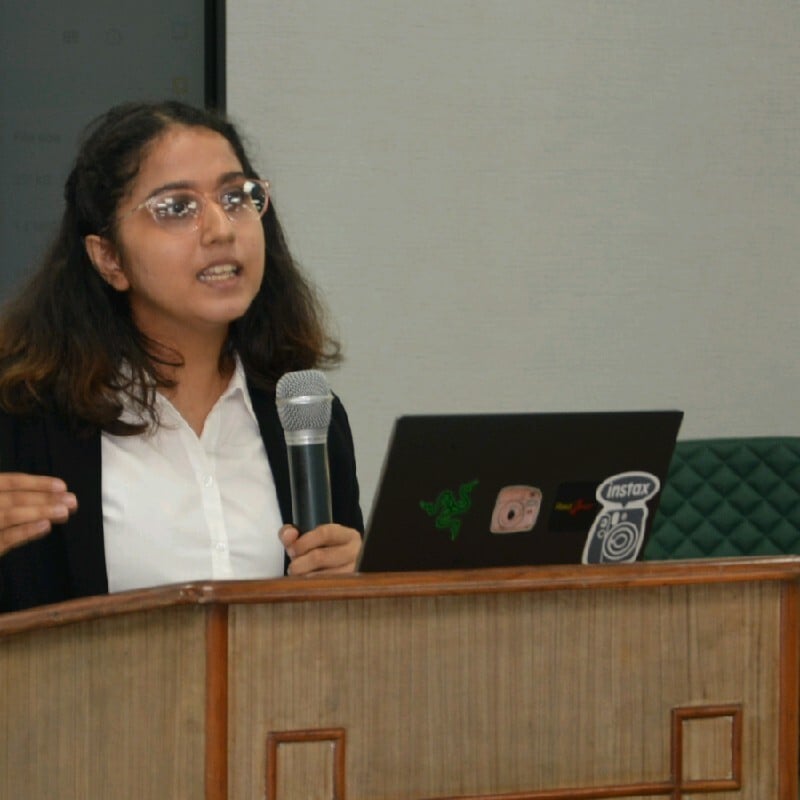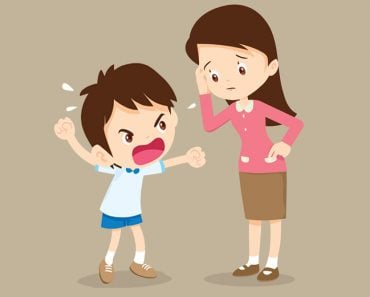Table of Contents (click to expand)
Among a host of other factors, such as socio-economic ones, isolation and exclusion can make individuals more susceptible to radicalization and extremism. When seeking a group, and without the tempering effect of other community, they may find themselves drawn to radical groups and their ideas.
One often comes across news about a member of a fringe group or terrorist organization committing an atrocity that shocks the public conscience; for example, suicide bombings that claim many lives and hostage situations (the latter frequently occurring in movies and television). These acts are extreme, to the extent that one wonders what would motivate a person to shed their humanity and behave in such an irreconcilable manner.
The answer, more often than not, is radicalization.
Recommended Video for you:
What Is Radicalization?
Radicalization is a process, rather than a specific act, through which a person starts adopting and believing in views that are extreme (or, radical) in their alignment either towards or against a cause. This cause may be, but is not limited to, social, political, racial or religious issues.
So, if a person X from planet Earth starts believing that all people from Mars are a threat to the residents of Earth, and starts treating Martians as outsiders who need to be mistrusted and even eliminated to safeguard Earth, thereby negatively feeding an “us vs them” attitude, it can be said that X has been radicalized. Obviously, the author doesn’t endorse this and believes that all Martians are worthy interplanetary friends.
Radicalization is not limited to beliefs, but also includes emotions and behaviors. When it manifests in emotions, it can be in the form of hatred and disrespect. In terms of behavior, it can lead to discrimination, violence and terrorist activity. It is usually subversive and anti-social in the way it manifests.

Who Gets Radicalized?
Anyone is susceptible to being radicalized, depending on various factors.
They may be radicalized by the prevalent social and political institutions, like what happened to many people in Nazi Germany, who were convinced that Jews were inferior to them and a threat to their way of life.
This was done through tools like false scientific data and outright misrepresentations of the Jewish community.
More recently, the internet has been used to radicalize strangers. Those most at risk, according to many studies, are people who are isolated. The social and psychological profiles of such people reveal that they are vulnerable to radicalization.
It is seen that when people, especially youngsters, are unable to fit in or belong to a particular group, among friends or family, they are more likely to seek companionship among strangers they come across online. Very often, this need for comfort leads them to trust online ‘friends’ and believe in the ideas they support. This phenomenon is not limited to the online sphere, but recent trends reveal that the internet is where it is most commonly seen.
Such people find that by adopting extreme views endorsed by their ‘friends’, they are able to better assimilate in a social group. Thus, a radicalized person, previously isolated, can experience a bond from being a part of a social unit.
Another reason that secluded individuals are more susceptible to being radicalized is the lack of social support. A person who is well-integrated in their family or friend circle is more likely to be on the receiving end of well-meaning advice, if the negative impact of a particular influence leads them down a radical road.
Since radicalization comes hand-in-hand with anti-social behavior, like aggression or lack of interest, exhibiting the early tell-tale signs can elicit a concerned response from friends and relatives. Timely interaction and help can prevent individuals from losing themselves to radicalization.
However, if a person is disconnected from such healthy relationships, they will have no incentive, instruction, or advice to discourage them from having and maintaining such world views.

Exposure To Diversity
The more one is integrated in a society, the more likely a person is to come across opinions that are different from their own. The more one is exposed to diverse viewpoints and have the chance to live side by side in a pluralistic atmosphere, the less likely a person is to adopt excessively negative views of a particular kind of people.
Human beings are intrinsically hardwired to fear the unknown, but once we get to know and understand something, we realize that there isn’t much to be afraid of. However, in order for us to come to such a realization, we must first be a part of and engaged in a social sphere where such diversity can take place.
Isolated individuals, very often, are radicalized because they lack the exposure to different kinds of people and groups, as well as experiences distinct from their own. Because they know little about such groups, or because what they do know is false or misleading, they develop undesirable adverse reactions to the presence of these groups. They become more likely to consume, believe and spread misinformation based on extreme perceptions of their “truth”.
Conclusion
In a world where hate is as frequently expressed as love, we must acknowledge that the only way to counter the ill effects of undeserved hate and to open the eyes of those who hate is not to shun them, but to involve them in the process of illuminating the truth. It is not an easy fact to digest, but those who remain separated from community and considerate company will often find refuge in hate and violence. We must take the first step towards them, lest they walk further down a road from which there may not be a way back.













